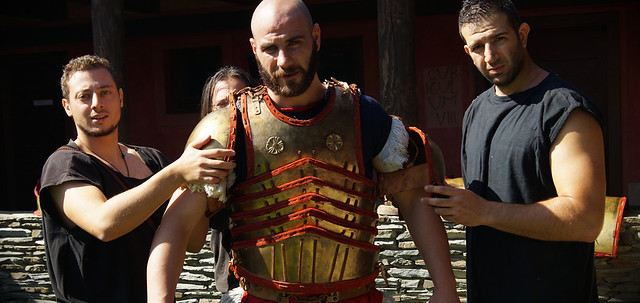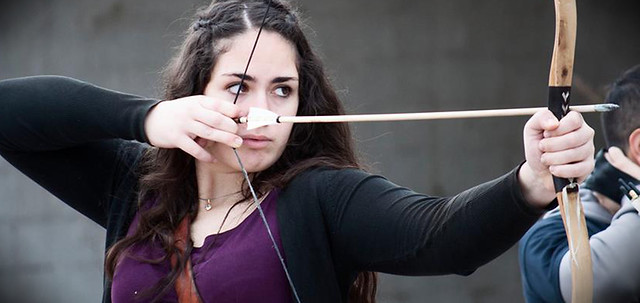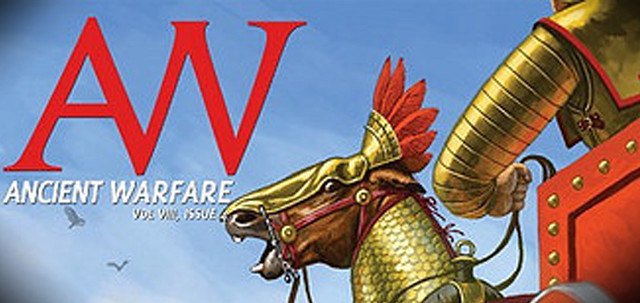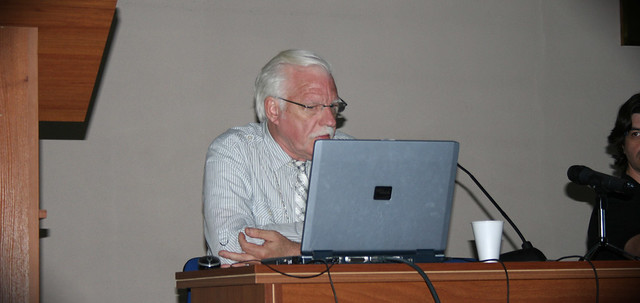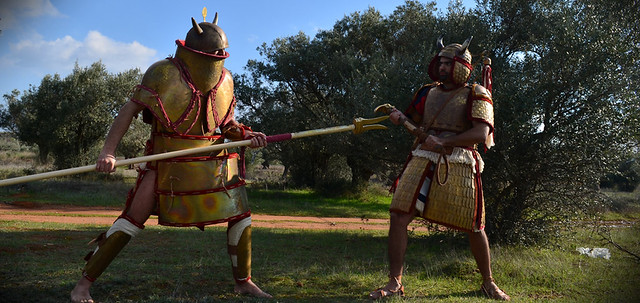Psychological operations at work: Salamis, 480 BC
The sailors of Ameinias charged behind the hoplites with crowbars and axes and started to destroy the enemy’s prow emblem. The Phoenicians tried to surrender but the angered Athenians slew them without second thought. No mercy for the sacrilegious manslayers! The Phoenician ship’s prow emblem fell into the sea, with a splashing sound as if breaking the grip of fear that held tight the hearts of Greeks, demonstrating in this way that the enemy could not break them psychologically.
But Araibignes planned without thinking of the ubiquitous Ameinias, who attacked and rammed the Persian flagship first. Undaunted the Persian Prince ordered his men to seize the ship of Ameinias. He personally led the attack holding in his arms his rich gilded weapons, true to the Persian martial traditions but Ameinias and his sub commander Lykomidissucceeded in stabbing him at a place not covered by his armor and killed him. The death of their leader broke the morale of the Asians and was a key factor to victory.
The next morning the Greeks prepared to fight again. This time Psyttaliaisland was guarded by the Athenians. The fleet was sailing in a sea covered with corpses and broken wood. But there was no enemy on the horizon. They arrived until the moored cargo ships to be used in the assault which Xerxes was preparing against Salamis but they did not find anyone. Only then did they realize the size of their victory. The ships were shaken from the joyful cries of a relieved people. On a trireme from the Attic demos of Elefsina, one marine from the ancient Royal Codridae clan lifted his helmet and looked around. His name was Aeschylus and in his play ‘ The Persians ‘ he left us the most shocking testimony of that terrible day. These people looked at the future with hope and simply wanted only to rebuild their lives. Today we know that with their blood they gave Western Civilization its right to exist!
Stefanos Skarmintzos writes on history and warfare. He resides in Greece.
Sources:
Aeschylus «The Persians» Loeb Classical Library 1914
Herodotus «Histories» Loeb Classical Library 1914
Pausanias «Description of Greece» trn. John Dreyden London: Macmillan, 1889
Plutarch «Themistocleς» Loeb Classical Library 1920
Plutarch «Aristides» Loeb Classical Library 1920
Plutarch «Cimon» Loeb Classical Library 1920
Strabo «Geography» Loeb Classical Library 1920
Kaveh Farrokh: Shadows in the Desert: Ancient Persia at War
Psy Ops in Ancient Greece (2010): Christy Emilio Ioannidou, ”Armies and Tactics” magazine issue 1, “Aegis” publishing, pp 28-35)
Also blog http://perialos.blogspot.com/2011/02/blog-post_07.html (in Greek)
A.R. Burn, Persia and the Greeks. The defense of the West (second edition: 1984 London)
